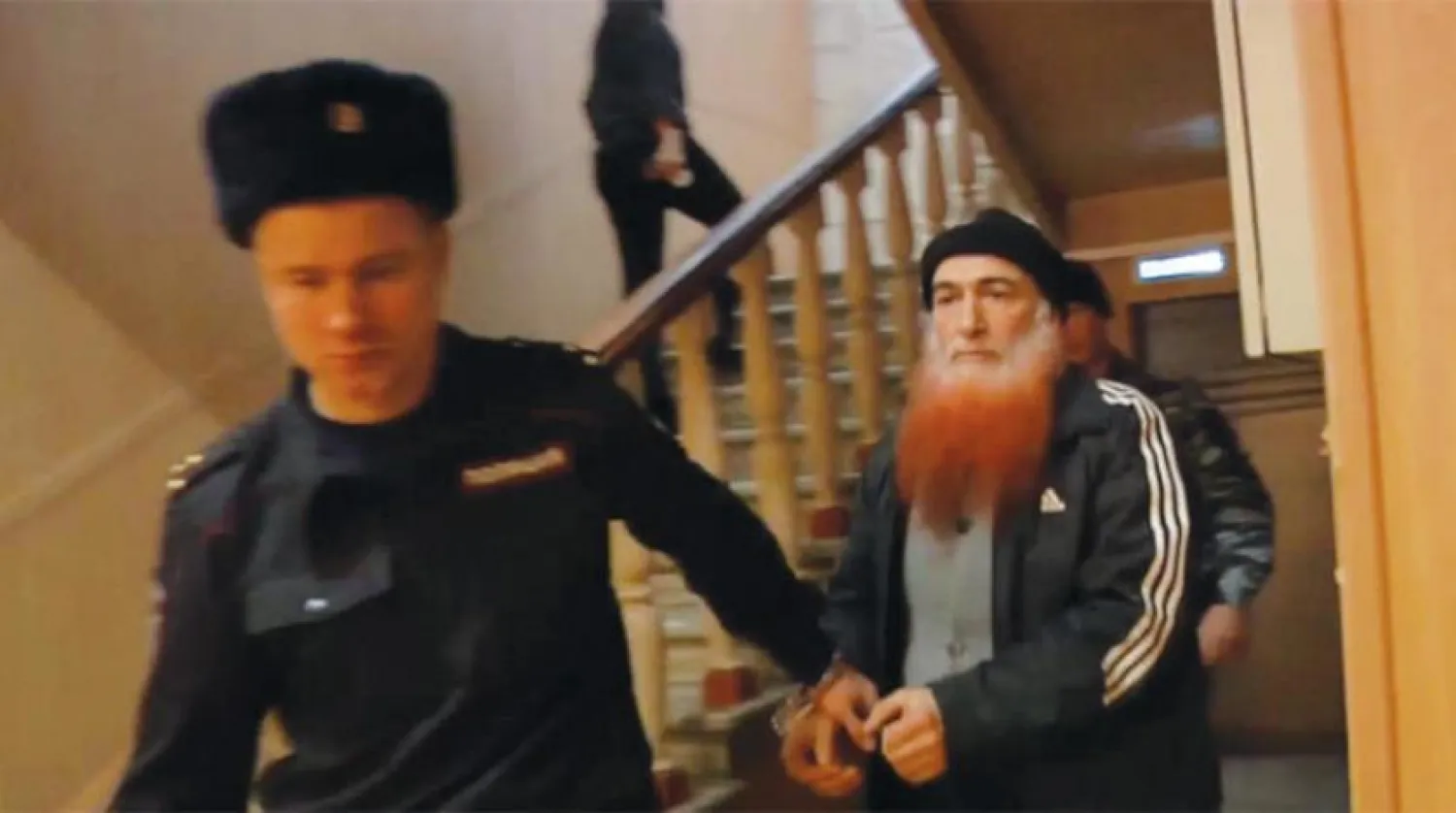The Russian Federal Security Service announced it had uncovered a terrorist cell operating in several regions in the south of the country, and according to media, three members of the cell were collecting funds to fund ISIS.
In an official statement, the Security Service in Krasnodar region, Dagestan, and Adygea indicated that they thwarted the activity of a secret terrorist cell operating from Syria. The cell’s members were collecting money to finance ISIS, which is banned in Russia.
The report added that ISIS terrorists instructed members of the cell to gather funds under the guise of charity work and transfer them to Syria.
The Security Service confirmed that during the security operations and investigation, it had documented plans and financing schemes to gather over $150,000 for the terror group.
The three suspects were arrested and charged with contributing to terrorist activity, following a court order.
During the raids on the suspects' residences, the security forces seized several documents and communication tools that prove their criminal activity.
The defendants confessed during the investigation to the charges pressed against them, according to the Public Relations Bureau of the Federal Security Service.
This is the third operation of its kind in the past period, in which the Russian security arrests several defendants accused of funding international terrorist organizations.
Last November, spokeswoman for the Russian Investigation Committee, Svetlana Petrenko, announced the arrest of a Russian citizen in Tomsk province after a criminal case against her was opened on charges of "financing terrorism" based on data from the Federal Security Service.
Petrenko told reporters that the accused carried out regular money transfers to terrorists.
“In the period from June 2016 to June 2017, the accused, through the remote access system, carried out repeated transfers of funds intended to support the activities of the international terrorist organization, totaling about 1 million rubles to a bank card,” the spokeswoman stated.
The money was transferred to a bank card number registered in the name of a citizen, the ex-wife of a member of the illegal armed group operating in the territory of the Republic of Kabardino in the Caucasus.
The suspect herself confirmed that she had issued a bank card, then transferred the card to a woman living in Germany, and with her knowledge transferred the money to the accounts of other persons associated with terrorism.
Under Russian law, convicts accused of “terrorism financing” are sentenced to 5 to 15 years' imprisonment and a fine of 500,000 rubles.









